#robert martin
Text
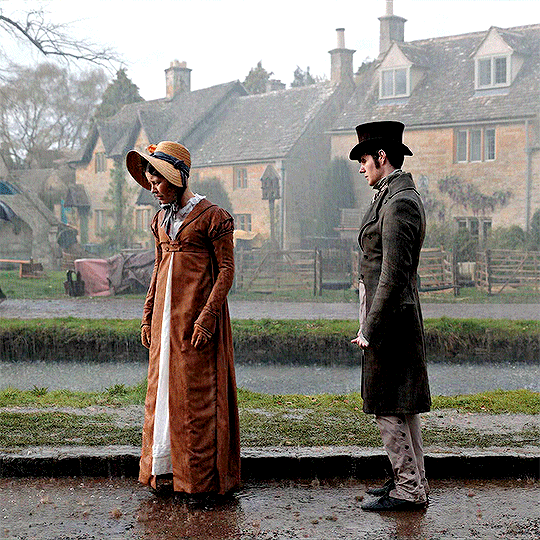
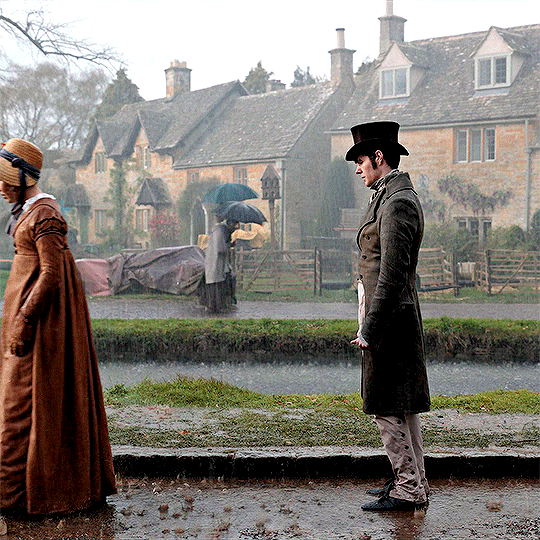
EMMA. (2020) dir. Autumn de Wilde

#emma#perioddramaedit#emmaedit#austenedit#filmedit#userbennet#tuserbea#userpavlova#userbeccaa#tusereliza#emma 2020#harriet smith#robert martin#mia goth#connor swindells#*film#*
711 notes
·
View notes
Text

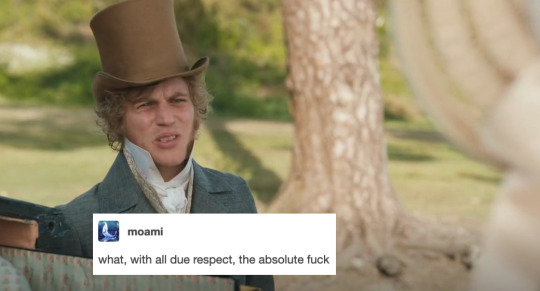
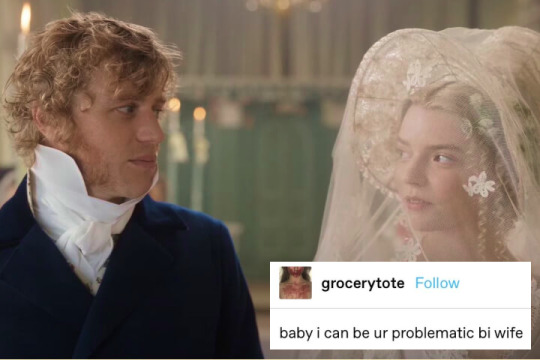
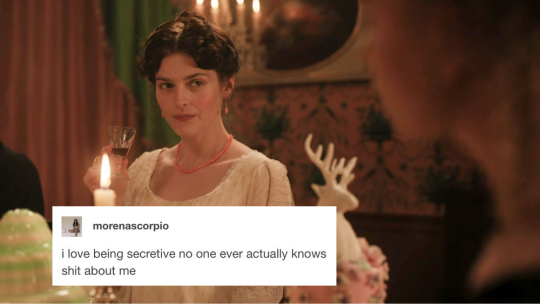
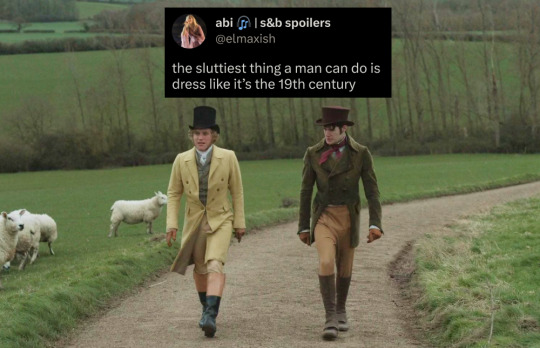


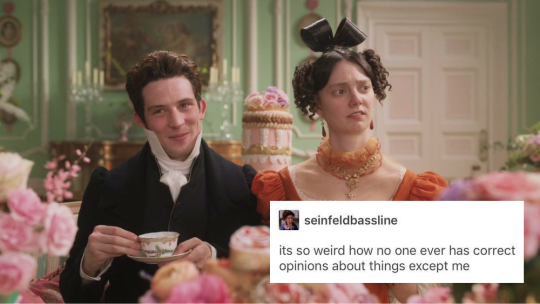
Emma. 2020 text posts
More: Sense and Sensibility 1995 text posts | Northanger Abbey 2007 text posts
#emma memes#emma#jane austen memes#jane austen#english lit memes#emma 2020#text posts#emma woodhouse#mr knightley#jane fairfax#mrs elton#harriet smith#robert martin#anya taylor joy#johnny flynn#my stuff
608 notes
·
View notes
Text
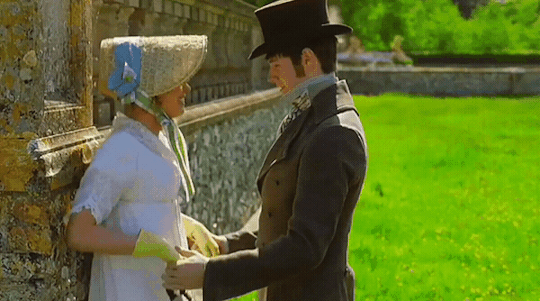
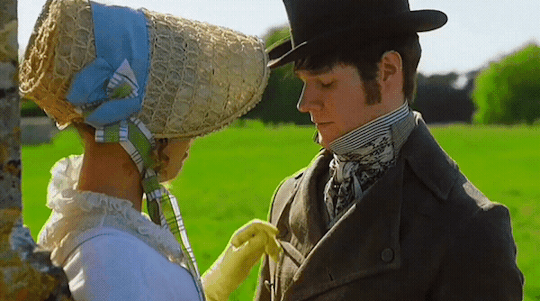

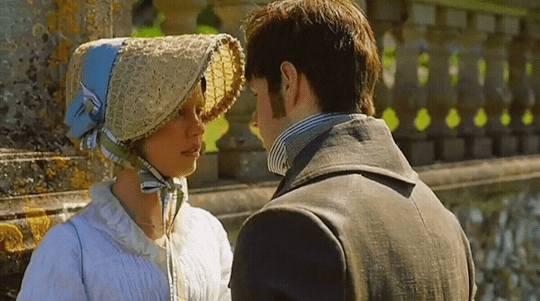

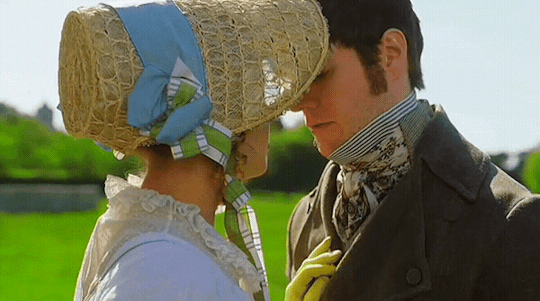

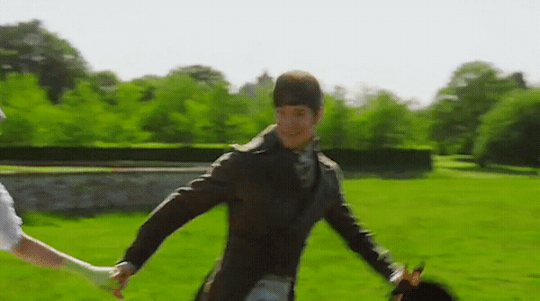
EMMA (2020)
dir. autumn de wilde
#emma 2020#jane austen#costume drama#period drama#perioddramaedit#perioddramagif#harriet smith#robert martin#mia goth#connor swindells#my gifs#mine
58 notes
·
View notes
Text


Propaganda :
Robert Martin: The thing I LOVE about this version of the character is that despite barely having a line, you can tell not only that he loves Harriet, but that he's intelligent and compassionate and notices things. Which explains in some ways the interest and sympathy Mr Knightley has for him.
We have the first time we see him, meeting Harriet and Emma, before he proposes:

(Look at how happy this man is at seeing her!!!)
Now this is the look he gives Emma when he sees her after the rejection (the day Harriet goes to visit the Miss Martins):

He knows, and we now know that he knows.
And that's such an interesting take on the character? That he also realizes that it is Emma's influence and what that can mean for Harriet in the long run? And he can really do nothing about it?
And then comes this little scene this adaptation adds, after Box Hill, of Jane walking through the fields and crying her heart out. Robert Martin sees her:

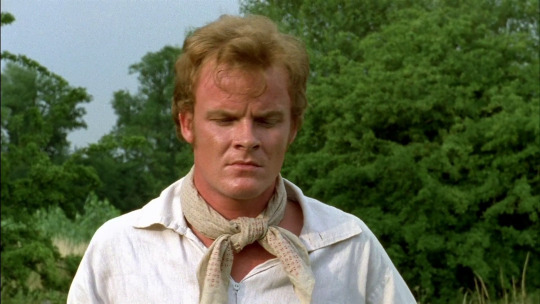
At the "harvest celebration", Emma makes the gesture of going to Harriet and requesting an introduction to Mr. Martin. Look how happy these two look:
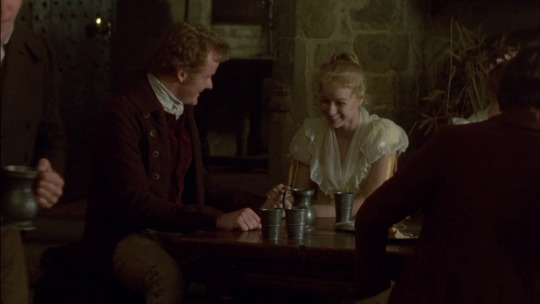
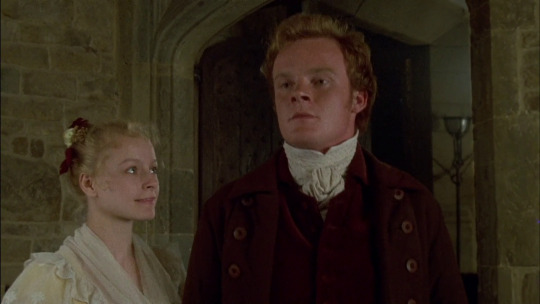
This is the face of a man who has not forgotten.
IDK. There's something about this whole journey (in a 1 hour 45 minute movie in which he speaks a total 2 lines) that gets me, and makes him my favourite Mr. Martin ever, even if I like the others too.
Mr Tilney: ...
#round two#hotjaneaustenmenpoll#henry tilney#robert martin#mr tilney#emma 1996#northanger abbey#alastair petrie#jj feild
84 notes
·
View notes
Text
The Martin Family Album: Volume III
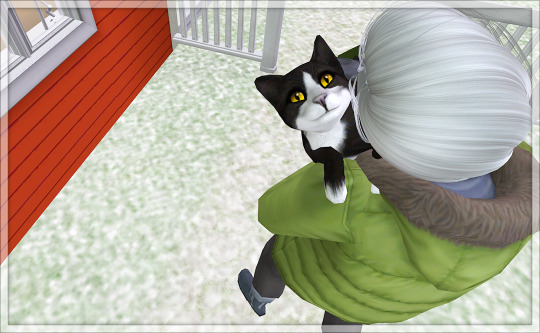
I'm very pleased to report, that after prospecting the neighbourhood for (an unfeasible number of) years, Moonshine the Stray has finally found his forever home, with Harriet and Robert! Look at that smile. 😊
~ Aquarius
~ Doofus / Friendly / Cowardly

He's already making himself useful.
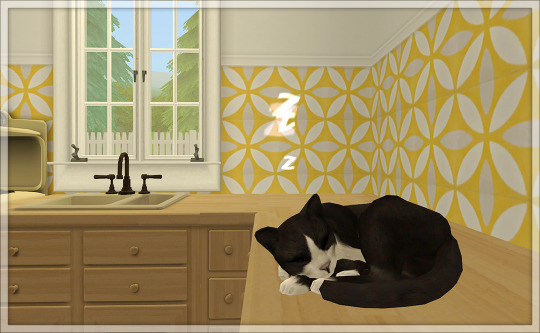
And getting comfortable.
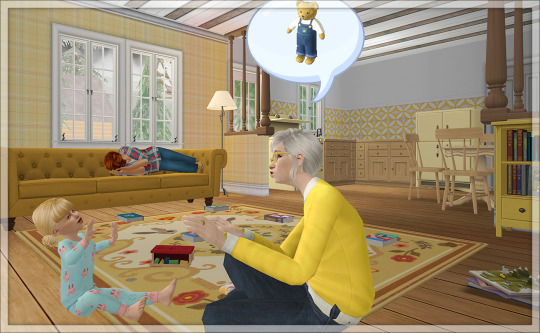
Little Carol is being very well nurtured by her adoptive family...
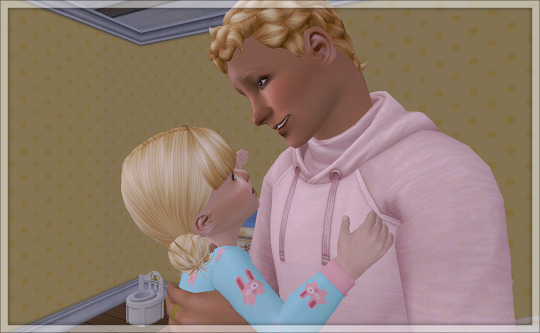
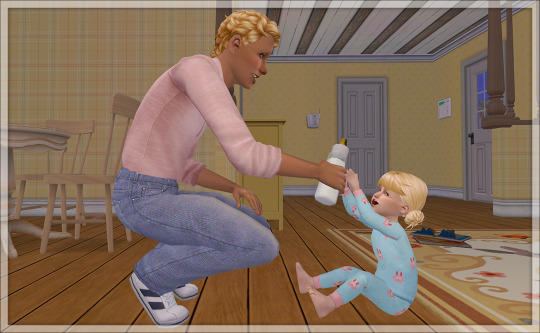
...including her much older brother Willoughby.
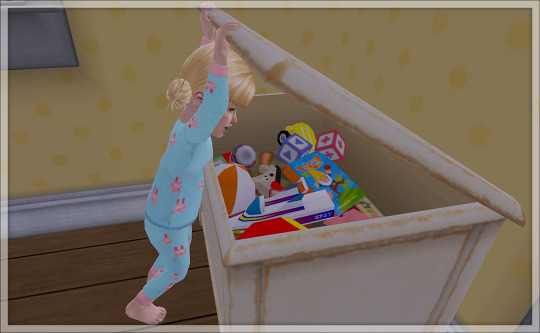
And as a result, she's a very accomplished young lady, being the first of my Sims to acquire all her toddler skills!

Not surprisingly, she grows up exceedingly well.
~ Aries 5 / 8 / 6 / 3 / 3
~ Brave / Sailor / Social Butterfly
~ OTH: Nature
~ Favourite Colour(s): Orange
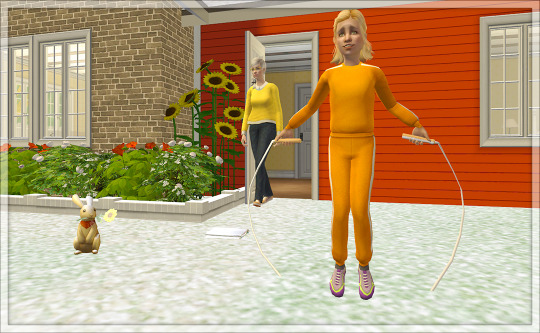
And then heads straight outside to burn off some energy.

Meanwhile, Robert is finally getting started on the garden. It's been a cold spring, with snow remaining on the ground much longer than usual, but he's been itching to start planting.
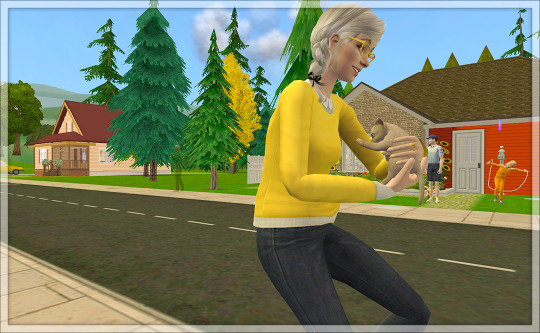
Harriet thinks that Moonshine might be even happier with a bit of feline company, and from the list of kittens currently waiting for adoption, she chooses Moppet.
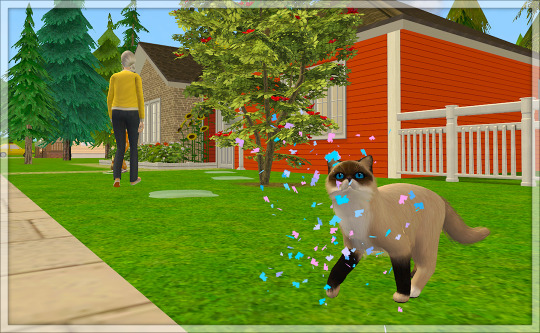
Who - thanks to my pet lifespan mod - promptly ages up, into a floofball!
~ Libra
~ Genius / Cowardly / Finicky

Moppet ingratiates herself with her new family by suggesting some stretching exercises to Carol.
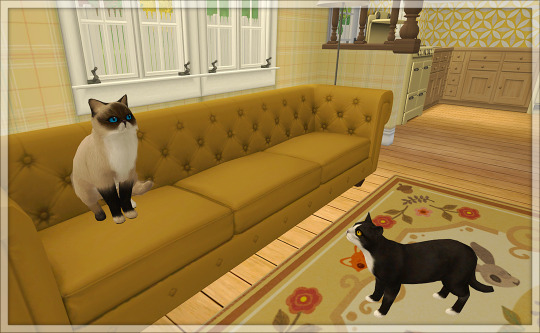
Hello, and all that, but why are you sitting on my sofa?
#sims 2#gameplay#merybury#robert martin#harriet smith#carol martin#moonshine the stray#moonshine martin#moppet martin#willoughby smith#martin family
30 notes
·
View notes
Text
Follow-up to my ratings, let the people decide!
To account for Pride & Prejudice bias (a well-documented phenomena), divide Mr. Darcy's score by 2 and then give that percentage to Henry Tilney 😉
#jane austen#polls#austen heroes#austen men#fitzwilliam darcy#charles bingley#captain wentworth#edward ferrars#colonel brandon#george knightley#henry tilney#robert martin#frank churchill#edmund bertram#pride and prejudice#northanger abbey#mansfield park#emma#persuasion#sense and sensibility
55 notes
·
View notes
Text


#jo lupo#zane donovan#eureka#a town called eureka#robert martin#janet van de graff#the drowsy chaperone#polls
20 notes
·
View notes
Text
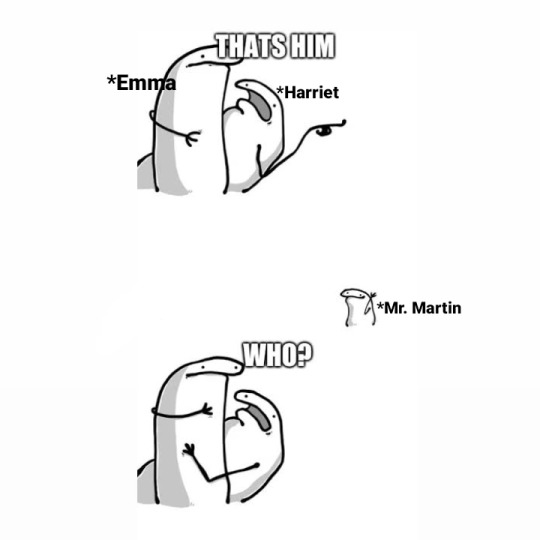
We stan Robert Martin!!! 🙌🤝
#reading and making memes#lit memes#literature memes#classic literature#classic lit memes#emma#jane Austen#perioddrama#period drama#harriet smith#robert martin
20 notes
·
View notes
Text
Your favorite Emma OT3 isn't there ? Tell me and I'll make a poll with them later
#jane austen#19th century literature#emma jane austen#george knightley#jane fairfax#emma woodhouse#robert martin#frank churchill#harriet smith#poll
4 notes
·
View notes
Text
24th September: Harriet marries
Read the post and comment on WordPress
Read: Vol. 3, ch. 19 [55]; p. 318 (“Before the end of September” to “waiting for November”).
Context
Emma attends the wedding of Harriet Smith and Robert Martin. Jane has returned to the Campbells in anticipation of a November wedding.
We know that this occurs “[b]efore the end of September” (p. 318); Emma's wedding, which takes place before "the end of the first week in November" (ibid.), is to occur "within a month" (vol. 3, ch. 19 [55]; p. 319).
Readings and Interpretations
Comic Comfort
By the time that Emma at last attends Harriet’s wedding, it is an event that she has imagined occurring with no fewer than three men other than Harriet’s bridegroom!
A few critics point out that Harriet’s and Jane’s marriages are necessary for Emma’s tranquility. Barbara Thaden writes that the “fact that Jane Fairfax marries at all could be seen as a ‘containment strategy’ whereby Austen diffuses ‘those impulses toward the future and toward radical change’ (Jameson 193) by those who feel Austen is basically an apologist for the class structure. However, it is also an essential plot element, like Harriet’s marriage, because it is essential for Emma’s peace of mind in her ‘best of all possible worlds’” (p. 59). Wayne C. Booth argues that the comic nature of the novel depends on Emma’s mistakes causing no lasting misery:
The delightful denouement [Emma’s marriage to Knightley] is […] what we want not only because it is a supremely good thing for Emma, but because it is a supremely comic outcome of Emma’s profound misunderstanding of herself and of the human condition. The other major resolution of the work—Harriet’s marriage with her farmer—reinforces this interpretation. Emma’s sin against Harriet has been something far worse than the mere meddling of a busy- body. To destroy Harriet’s chances for happiness—chances that depend entirely on her marriage—is as close to viciousness as any author could dare to take a heroine designed to be loved. We can laugh with Emma at this mistake [vol. 3, ch. 18 [54]] only because Harriet’s chance for happiness is restored. (p. 112)
Race at the Finish
Michael Kramp, you may recall, argues that Harriet’s generative, reproductive whiteness is contrasted with the racialization of the “transient Romani” (p. 159). Therefore, the “union of Harriet and Robert Martin becomes a key element in Emma’s depiction of the post-Revolutionary project to solidify the state, safe guard its culture, and construct a ‘national’ race” (p. 161):
Austen depicts Harriet as an admirer, but she is more importantly a beloved. Like a woman of courtly love, she has fascinated and garnered the pursuit of many throughout the novel, but instead of becoming a lady, she is assigned the life of a farmer’s wife. The novelist presents her as a willing participant in this traditional agrarian existence, and Emma now joins Mr. Knightley in extending her support for Harriet’s marital future because it promises “security, stability, and improvement.” The heroine’s language certainly refers to her project’s future life, but it also reminds us of Harriet’s importance to the prosperity of the nation; she will now become a useful and reproductive resource of the state. […] Harriet’s marriage to Robert Martin promotes the production of the next generation’s native labor force, but it also fulfills Emma and Knightley’s romance schemes, sustains Donwell’s nostalgic relationship with the English (agri)culture of the Abbey-Mill Farm, and helps preserve the ostensibly national identity of England’s race.
[...] She is no longer simply a “natural” daughter of Highbury extending her stay at Mrs. Goddard’s school; she is now secure and involved as a reproductive citizen. The village is now certain that she will neither perpetuate the cycle of illegitimacy […] nor assume a “useless” nomadic lifestyle akin to that of the gypsies. Austen’s use of the migratory gypsies as the quintessential alien and presumably useless dark race against which to juxtapose Harriet ultimately helps solidify the young woman’s civic function as a bearer of England—its race and its culture. (pp. 161–2)
Harriet’s exclusion from Hartfield, then, is not an “unmerited punishment” (Seeber p. 45, qtd. in Kramp p. 161): she “may be positioned outside of the contented village, but her marital placement actually facilitates her inclusion in both the local and national community” (ibid.).
This marriage does, however, signal the death knell for the possibility of intimacy which Emma has had to “labor to safeguard” through attempts to bolster Harriet’s “status” (Chico, n.p.). Some critics point out the tenuous nature of female friendship in Emma: per Tita Chico, women may only “have intimacy with each other if it is socially sanctioned. Without a coordination of rank and roles, intimacy between women is impossible” (n.p.). Therefore
Harriet Smith, an unmarried parlour-boarder at Mrs.Goddard’s school, may be an intimate of Emma Woodhouse, but Harriet Martin, the wife of a farmer, may not. Marriage into a farmer’s family, that most middling of sorts, would render Harriet socially invisible to Emma. Not poor enough to warrant this Lady Bountiful’s charity, nor of a rank high enough to deserve her intimacy, Harriet is fated to a future that disrupts this cherished intimacy. Near the novel’s conclusion, Emma finally admits that her “intimacy” with the new Mrs. Martin “must sink” […]. (n.p.)
Jane Fairfax? Jane Fairfax!
At this point in the novel, the community in Highbury is aware that Jane’s projections of future misery as a governess, at the time that she spoke them, were deliberate lies; Tara Wallace points out that, by “portraying herself as trapped in a life of deprivation, in a future without prospects or hope, Jane “replicates Frank’s deliberately misleading performance as Emma’s lover” (p. 94). However,
Because Jane Fairfax has been construed as a romantic heroine by Highbury and by the text, she is not held accountable for these untruths. Nor is she blamed for her petty rudenesses to Emma, Emma herself articulating an exoneration of Jane’s conduct: ‘In Jane’s eyes she had been a rival; and well might any thing she could offer of assistance or regard be repulsed […] [vol. 3, ch. 11 [47]; p. 264]. If we take as authoritative the text’s stated view of Jane as formulated by Knightley and ultimately by Emma herself, we read her as almost unflawed; if, on the other hand, we choose to do a less romantic reading of Jane, the text provides ample material. (p. 95)
Reading against characters’ conclusions is, of course, a possibility, given that “Emma […] trains the reader to be suspicious” (ibid.). But, while Wayne C Booth writes that Emma “‘works hard to alert the careful reader to the need for a double vision—a combination of joyful credulity about the love plot and shrewd sophistication about the characters of men and women’ [The Company We Keep: An Ethics of Fiction (1988), p. 432],” Wallace disagrees. “Booth’s language posits a happy ending for readers: [...] We will be romantic and cynical at the same time, and we will accept authoritative mediation of reality even as we question authorial manipulations” (ibid.). Wallace, however, holds that Emma “disallows such a reassuring view of cooperation between narrator and reader even as it asserts a kind of authoritative closure. Contradictions and inconsistencies in the last chapters point to continuing gaps even as the narrative tidily pairs off lovers and explains mysteries” (ibid.). At several points, these contradictions must be glossed over to tie up loose ends:
[C]ontentment and closure come only by repressing knowledge, by erasing or trivializing the past. Harriet obliterates memories of her earlier infatuations; Jane Fairfax cannot ‘bear such recollections’ [vol. 3, ch. 18 [54]; p. 316] as will revive her past indiscretions; Emma herself urges that she and Jane ‘forgive each other at once’ [ibid., ch. 16 [54]; p. 302] and watches Harriet wed ‘with so complete a satisfaction, as no remembrances, even connected with Mr Elton as he stood before them, could impair.—Perhaps, indeed, at that time she scarcely saw Mr Elton, but as the clergyman whose blessing at the altar might next fall on herself [ibid., ch. 19 [55]; p. 318]. Such convenient amnesia may be necessary to ‘the perfect happiness of the union’ [ibid., p. 319], but it cannot serve as a model for reading because only the most inept reader forgets ‘the system of hypocrisy and deceit’ [ibid., ch. 11 [47]; p. 262] practised by a narrator who holds all the cards. (pp. 95–6)
Ultimately, Wallace argues, suspicion is called for. “At the end of multiple rereadings of Emma, this reader finds the best clue to reading the text on its first page: that is, to stop depending on authorial interventions, ‘highly esteeming [Miss Austen’s] judgement, but directed chiefly by [my] own’ [vol. 1, ch. 1; p. 1]” (p. 96).
Discussion Questions
How do you think readers are “meant” to feel about the three marriages that close the novel? Is there any room for interpretations that conflict with those supported by a didactic marriage plot?
Is there any significance to the fact that Harriet’s and Robert Martin’s wedding occurs before the Jane-Frank and the Emma-Knightley weddings?
Bibliography
Austen, Jane. Emma (Norton Critical Edition). 3rd ed. Ed. Stephen M. Parrish. New York: W. W. Norton & Company, [1815] 2000.
Booth, Wayne C. “Point of View and the Control of Distance in Emma.” Nineteenth-Century Fiction 16.2 (September 1961), pp. 95–116. Repr. in The Rhetoric of Fiction. 2nd Ed. Chicago: University of Chicago Press, 1983, pp. 243–66.
Chico, Tita. “The Intimacy of Re-Reading Emma.” Persuasions 25 (2003), pp. 205–12.
Jameson, Fredric. The Political Unconscious. Ithaca: Cornell University Press (1981).
Kramp, Michael. “The Woman, the Gypsies, and England: Harriet Smith’s National Role.” College Literature 31.1 (Winter 2004), pp. 147–68. DOI: 10.1353/lit.2004.0008.
Seeber, Barbara K. General Consent in Jane Austen: A Study in Dialogism. Montreal: McGill-Queen’s University Press (2000).
Thaden, Barbara Z. “Figure and Ground: The Receding Heroine in Jane Austen’s Emma.” South Atlantic Review 55.1 (January 1990), pp. 47–62.
Wallace, Tara Ghoshal. “Emma and the Inept Reader.” In Jane Austen and Narrative Authority. London: Palgrave Macmillan (1995), pp. 77–98.
26 notes
·
View notes
Text


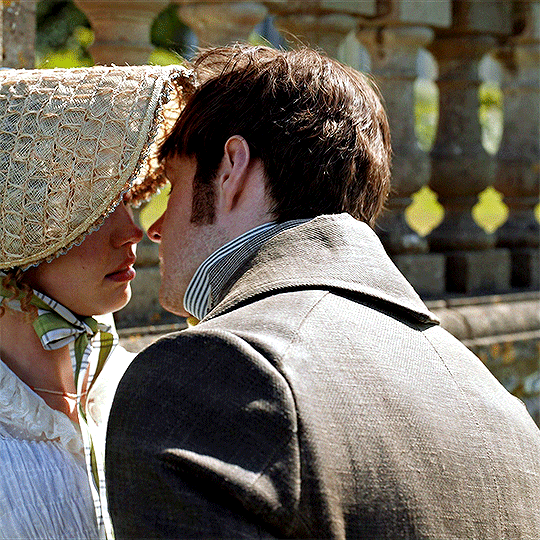
EMMA. (2020) dir. Autumn de Wilde

#emma.#perioddramaedit#romanceedit#emmaedit#austenedit#filmedit#userbennet#tuserbea#tusereliza#userpavlova#userbeccaa#emma 2020#emma x knightley#emma woodhouse#george knightley#miss taylor#mr. weston#harriet smith#robert martin#anya taylor joy#johnny flynn#*film#*
732 notes
·
View notes
Text
robbieposting..
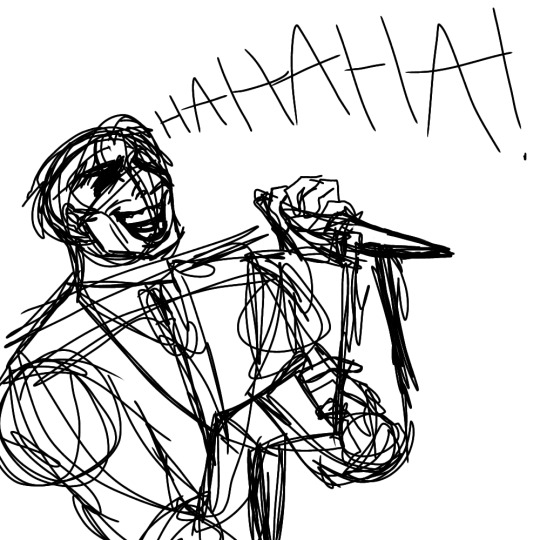


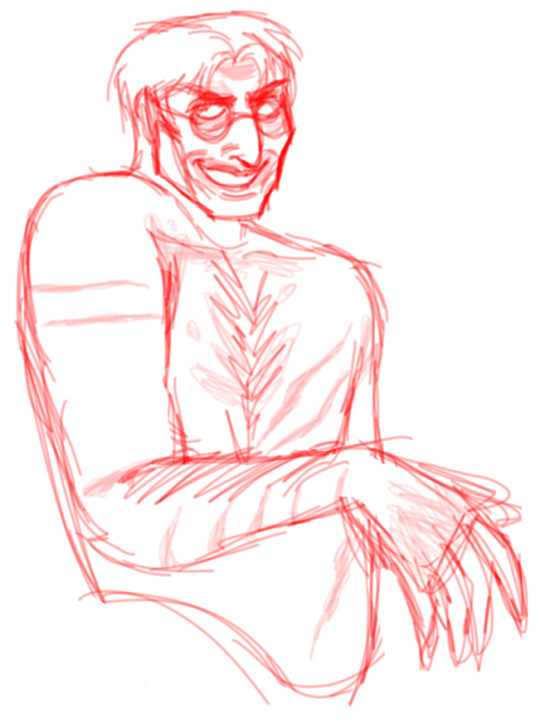


(This is Robert Martin.
Martin is a 45 y/o dentist from Tallahassee, Florida. He is a very sarcastic and ill-tempered man, his anger often leading him into sticky situations.)
#art#doodle#sketch#oc#original character#murderer oc#serial killer oc#killer oc#robert martin#the eros oc tag...
10 notes
·
View notes
Text


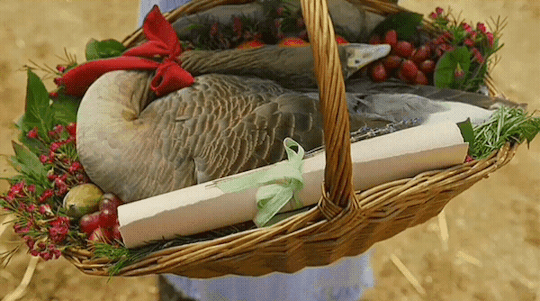

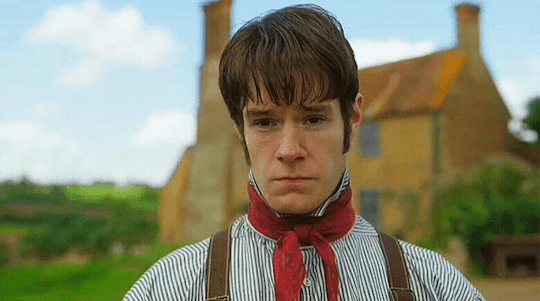
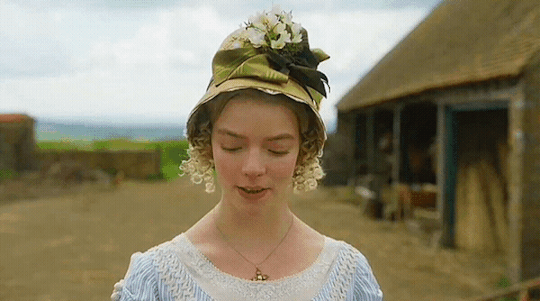
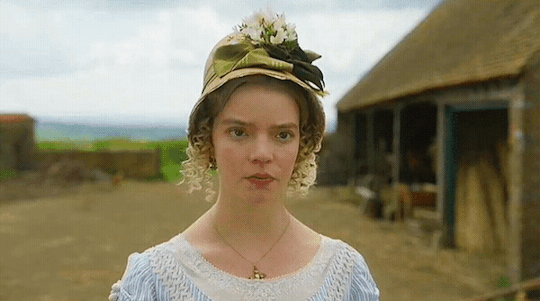

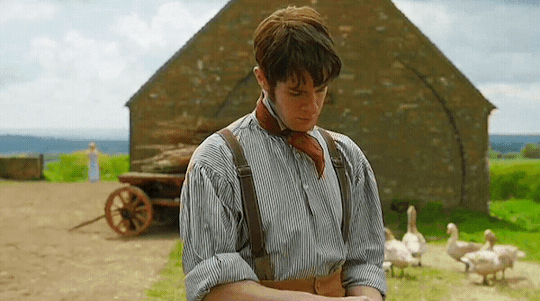
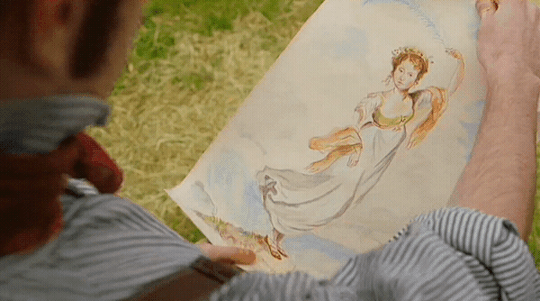
EMMA (2020)
dir. autumn de wilde
#emma 2020#jane austen#costume drama#period drama#perioddramaedit#perioddramagif#emma woodhouse#robert martin#anya taylor joy#connor swindells#my gifs#mine
44 notes
·
View notes
Text

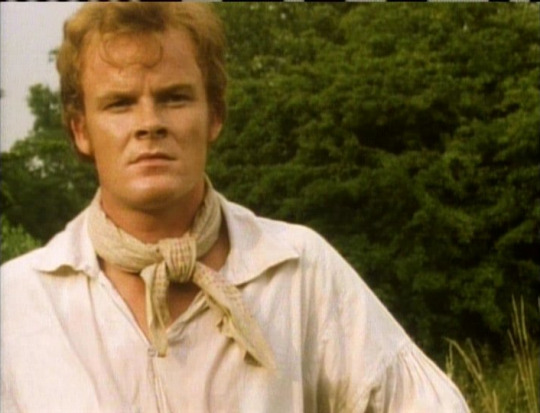
#Robert Martin#emma (2020)#Emma (1996)#connor swindells#Alastair Petrie#hotjaneaustenmenpoll#jane austen#Robert Martin (2020) Vs Robert Martin (1996)#round one#this is my favourite match-up father v son
78 notes
·
View notes
Text
The Martin Family Album: Volume IV

Gardening in PJs.

With his Green Thumb, Robert proves to be a natural. (Although I think he needs to tackle those weeds pronto.)
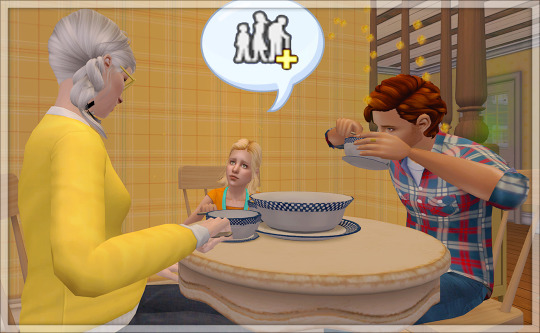
Carol would love to be an older sister, but given that Harriet isn't getting any younger, it might not be wise to adopt again, and I think she's destined to be an only child.

Moonshine is there to see her off on her first day at school - albeit distracted by a tasty puddle.
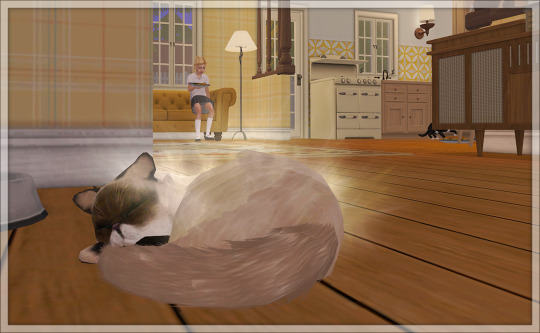
Well, the younger sibling that Carol longs for might not be on the horizon, but it looks like there will be at least one addition to the family...

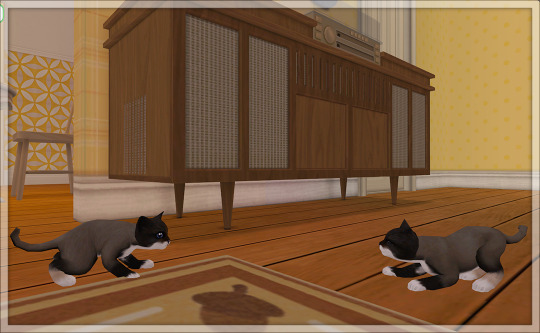

There's a sudden profusion of kittens! There are four altogether - Daisy, Dave, Dougal and Douglas - but please don't expect me to know which is which!

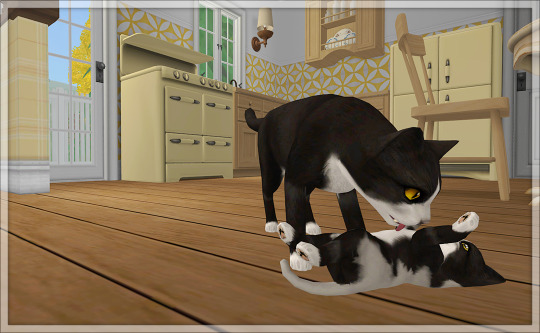
They're being extremely well cared for, by both parents.

Except when one accidentally wanders off and gets a little lost... (They were safely returned to the fold - no harm done!)
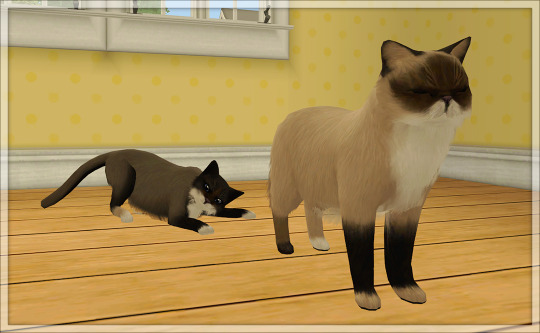
However, by the time they age up, I think parental patience with their antics is wearing a little thin.

Look at that adorable fluffy face though! I think this is Dougal?
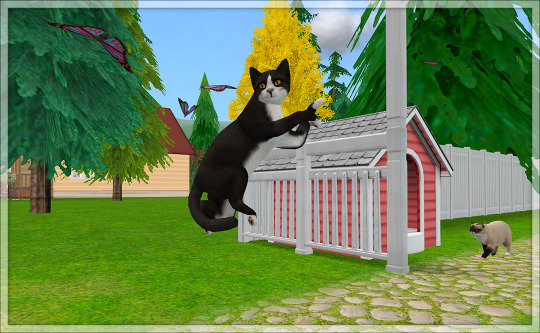

Mum and dad both head outside into the spring sunshine, for a bit of respite from their rambunctious brood.

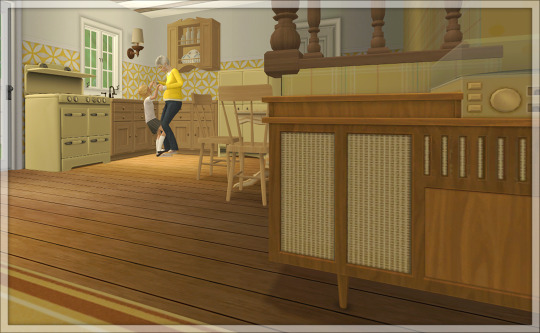
Perhaps in the end Carol will appreciate not having to share her parents with anyone else, as she's never short of attention from either of them. They're both so very glad that she came to live with them, and made their little family complete.
#sims 2#gameplay#merybury#robert martin#harriet smith#carol martin#moonshine martin#moppet martin#daisy martin#dave martin#dougal martin#douglas martin#martin family
22 notes
·
View notes
